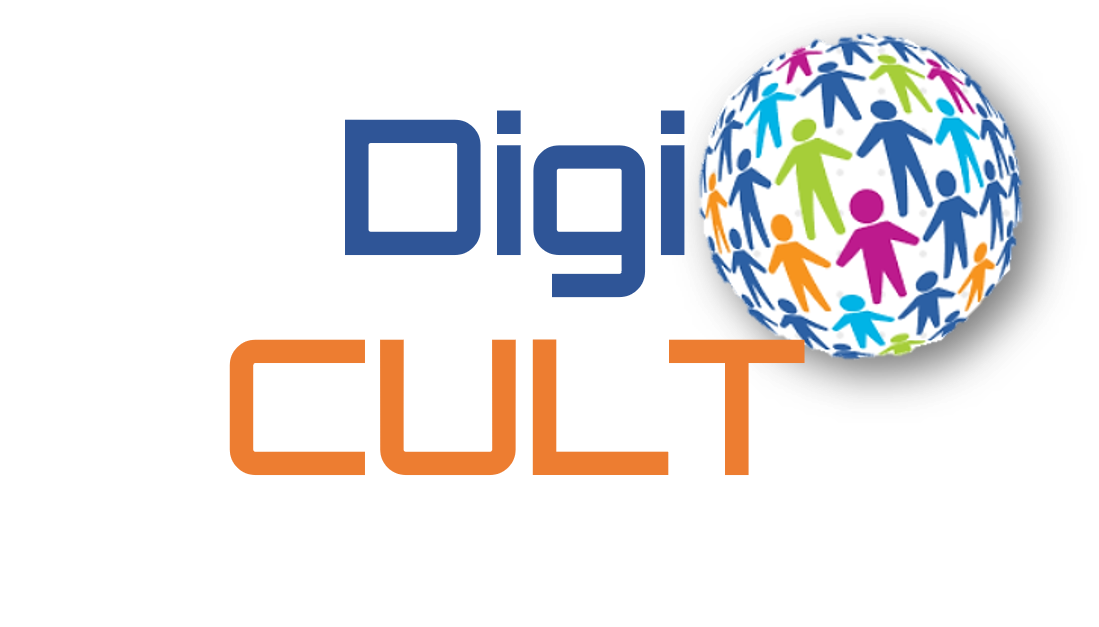Research & Development
1
Service Design: going beyong the 'Stop-n-go' approach
We craft human-centered services that connect audiences with cultural heritage in a sustainable way. We use service design to:
- Go beyond the ‘static’ experience and engage visitors
- Give communities a say to promote responsible cultural representation
- Integrate circular economy principles and embrace sustainability for a lasting impact on people and the planet
2
Tangible Experiences: bridging the physical and digital in CH
Challenges Faced by Cultural Heritage Sites? Here is what sets us apart:
- Use map learning modalities for personalized digital strategies
- Bridge the gap between tangible objects and immersive online content
- Exploit RFID, physical computing, markers to unlock new breakthrough technological solutions
3
Gamified Learning: the power of play in CH
Games aren't just fun – they're powerful tools for cultural engagement!
We develop gamified learning experiences through:
- Story-driven learning that crafts engaging narratives using gamification mechanics
- Adaptable learning that complies with our technology-agnostic approach
- Winning game-based learning practices that can keep you engaged!
